Another major automaker is jumping on the Tesla bandwagon. Hyundai announced today its plans to adopt the North American Charging Standard (NACS), aka the “Tesla plug,” for its future electric vehicles.
- Home
- Technology
- News
Hyundai’s future EVs will also have Tesla’s EV charging port
Hyundai will feature Tesla’s EV charging port on its future vehicles. The South Korean company is the latest to adopt Tesla’s North American Charging Standard.

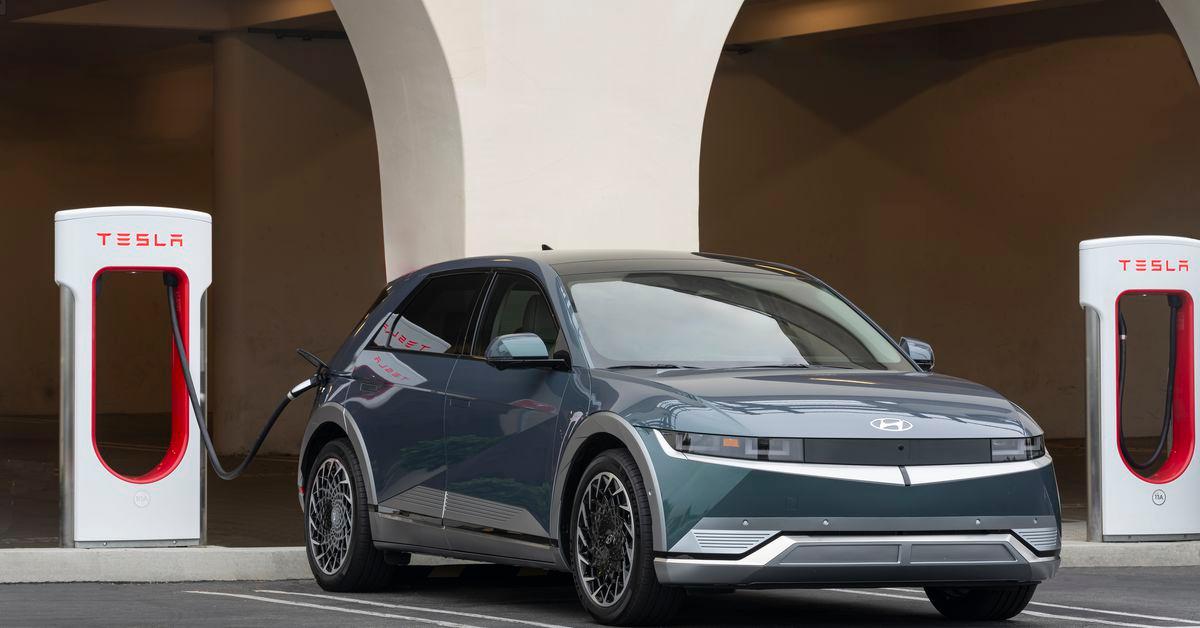
Hyundai models compatible with Tesla’s NACS plug will start arriving in the fourth quarter of 2024. In the first quarter of 2025, the automaker will also provide adapters to its current customers so they can access Tesla Supercharger stations. Hyundai’s current EV lineup, which includes the Ioniq 5 and Ioniq 6, both have charging ports that are compatible with the Combined Charging Standard, or CCS, for DC fast charging.
So let’s just look at the scoreboard really quick
NACS adoptees include Ford, GM, Rivian, Volvo, Polestar, Nissan, Mercedes-Benz, Jaguar Land Rover, and Fisker. The holdouts are two of the biggest automakers in the world: Volkswagen and Toyota. And no word on Hyundai’s sibling company, Kia.
Hyundai and Kia are both involved in a joint venture with BMW, GM, Stellantis, and Mercedes-Benz to build out a nationwide network of fast EV charging stations. The plan is to install at least 30,000 high-speed EV chargers by 2030, with the first ones to open summer 2024 in the US.
Tesla’s Supercharger network is widely recognized as superior to many of the third-party EV charging stations, most of which feature CCS plugs and the less utilized CHAdeMO charging standard. The company says it has 45,000 Superchargers worldwide, 12,000 of which are located in the US.
And while other EV charging stations struggle with software glitches and faulty chargers, Tesla says its Superchargers are nearly perfect in their reliability. The company says that the average uptime of Supercharger sites last year amounted to 99.95 percent, down marginally from 99.96 percent in 2021.
Until recently, Tesla Superchargers were exclusive to Tesla owners, but that began to change several years ago when the company started offering access to non-Tesla EVs. Earlier this year, the Biden administration announced that Tesla would begin to do the same in the US as a prerequisite to tap into some of the $7.5 billion for EV charging in the Bipartisan Infrastructure Law.
Unlike in Europe, Tesla Superchargers in the US use a proprietary connector — this was Tesla’s “competitive moat,” the thing that initially offered protection from other automakers. In order to allow non-Tesla vehicles to access the chargers, the company installed a device called the “Magic Dock,” in which a CCS adapter is applied to the connector.
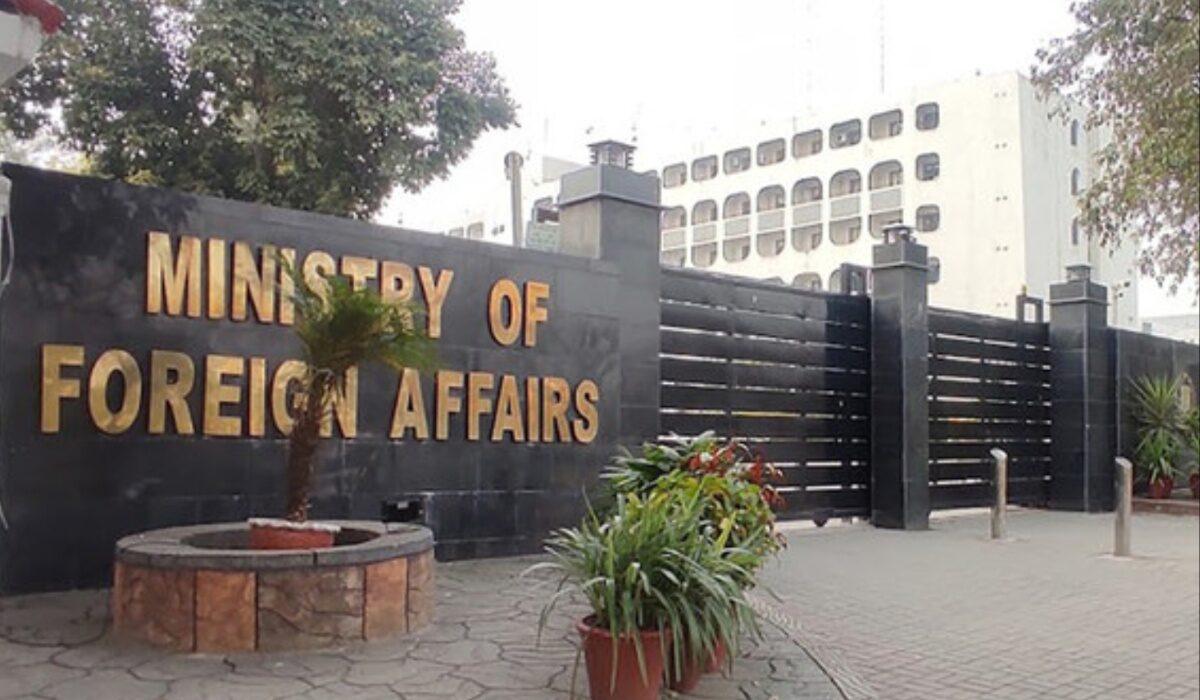
FO expresses concerns over Indian extra-territorial killings inside Pakistan
- 2 hours ago
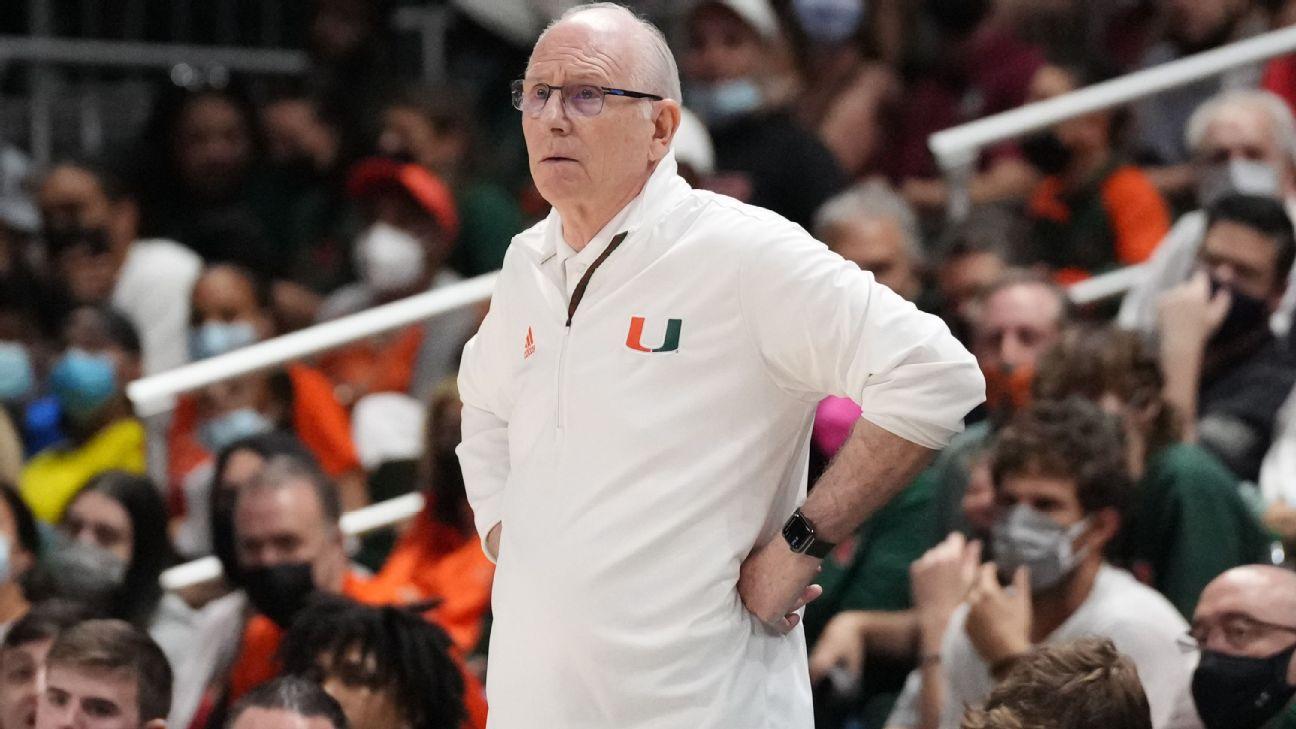
Sources: Miami's Larranaga in talks to step down
- 2 hours ago
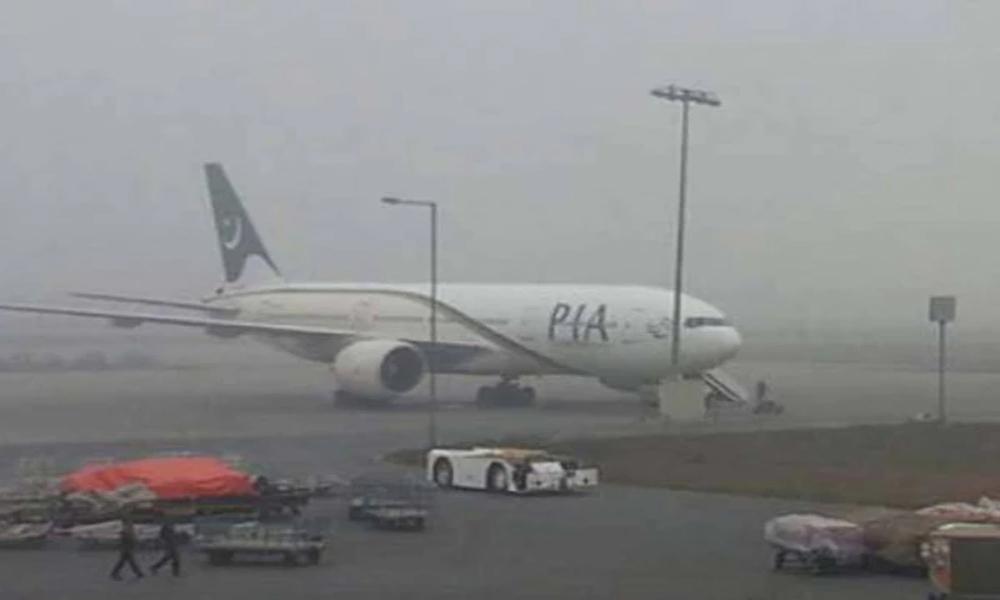
Fog: PIA flight operations affected across country
- 3 hours ago
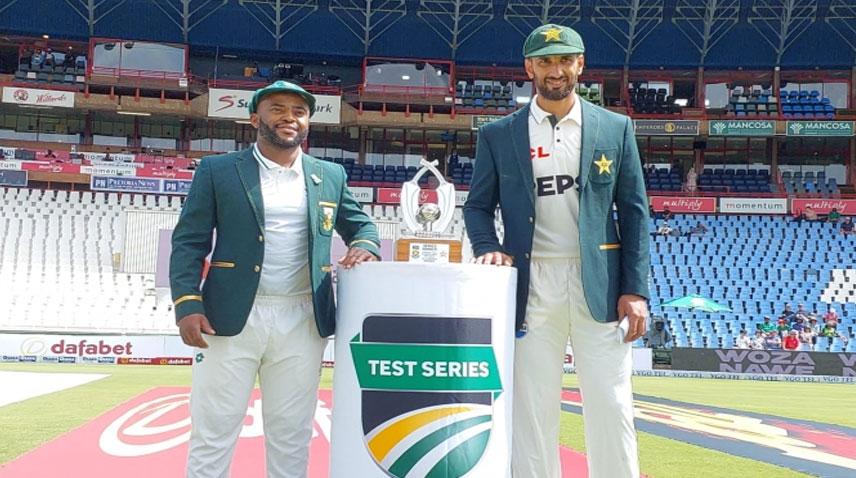
Pakistan, South Africa to play second Test at Cape Town tomorrow
- 2 hours ago
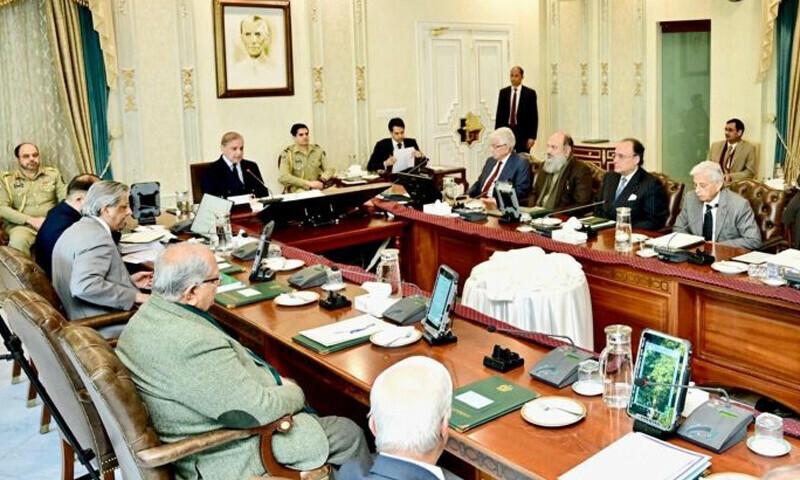
PM to introduce new faces in cabinet
- 3 hours ago
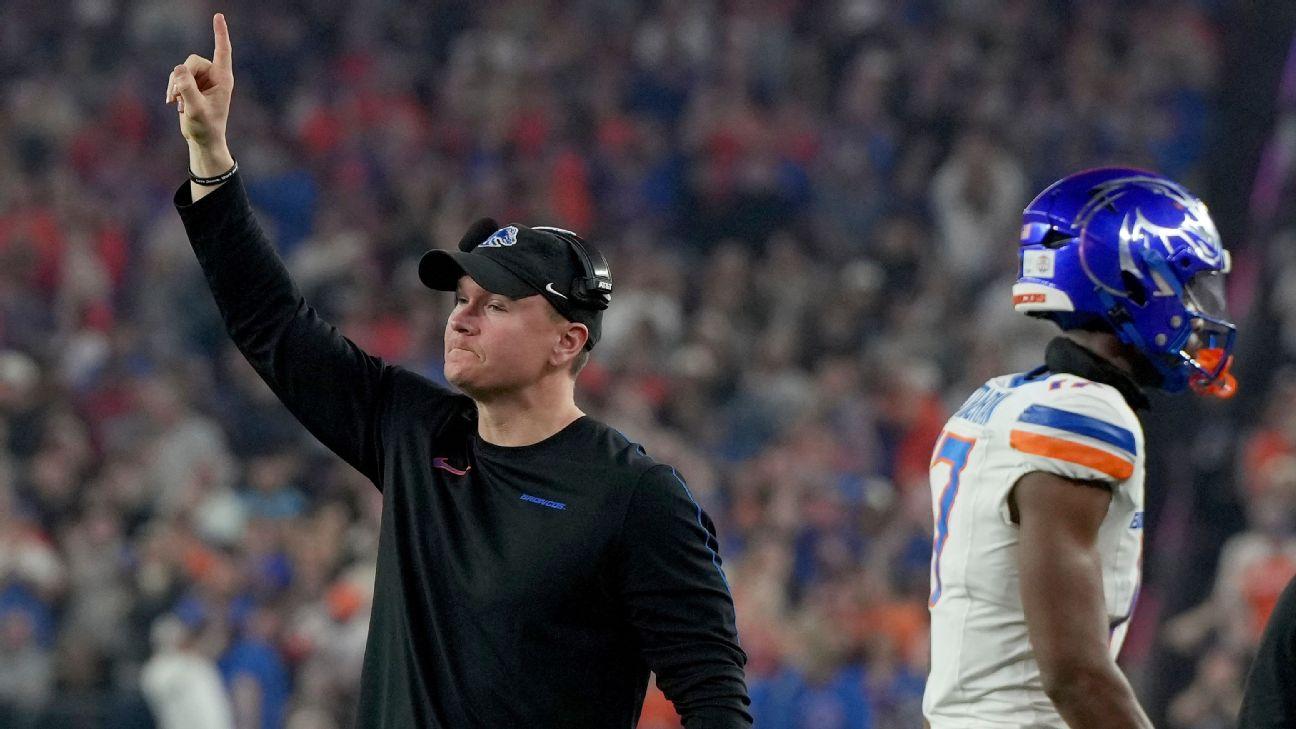
Boise St. coach's message to all: 'Watch the film'
- 2 hours ago















